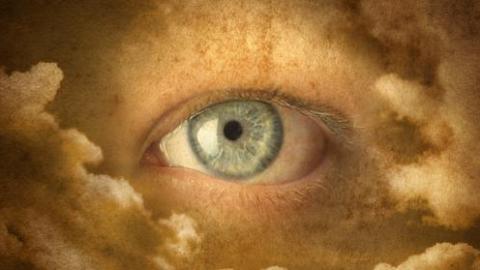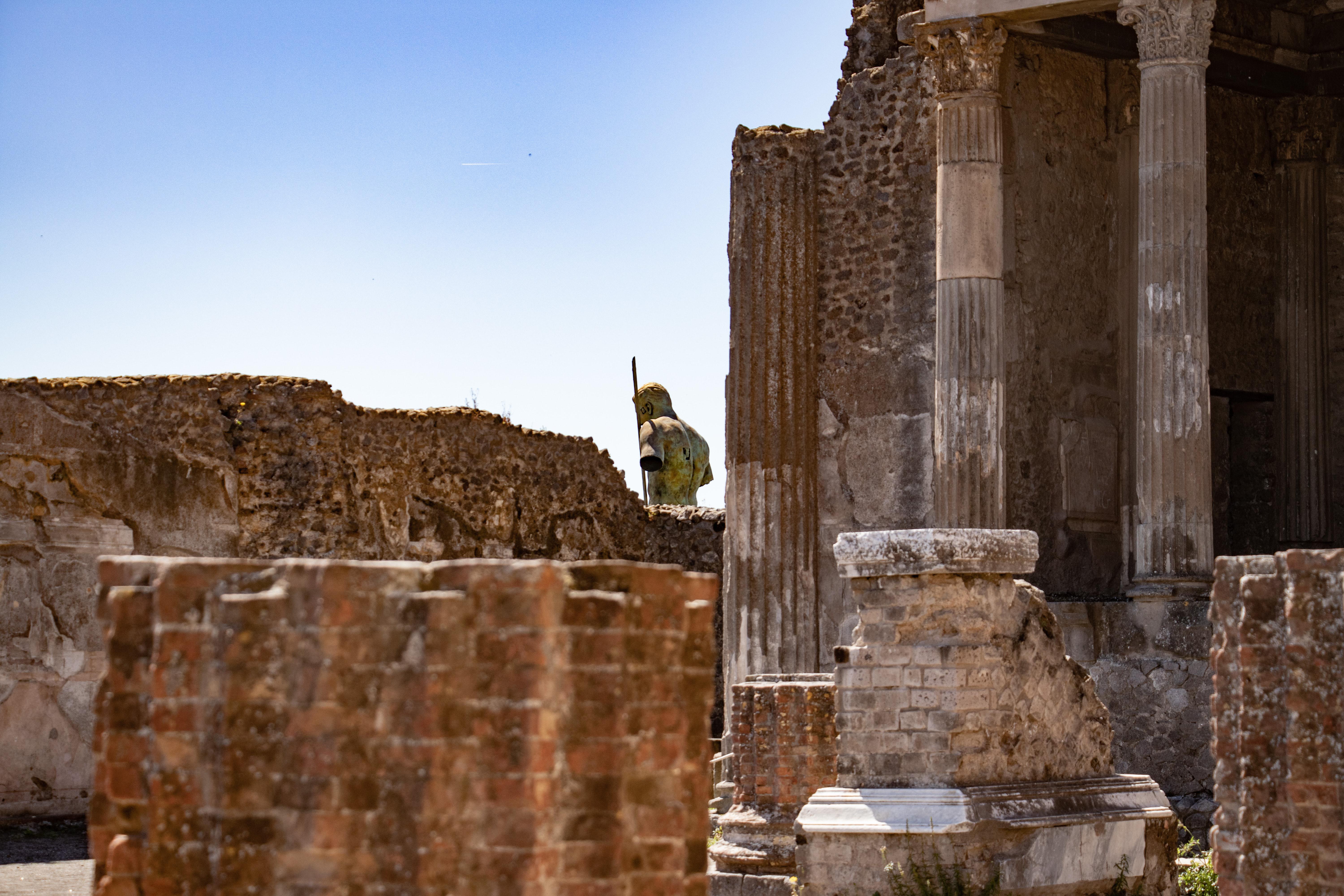The Bizarre Cult of Happiness Studies

What’s the Latest Development?
All our rules regarding the measurement of happiness fall quickly away upon close examination, says Deirdre McCloskey, who teaches economics, history, English, and communication at the University of Illinois at Chicago. Perhaps the most tried and “true” method for measuring happiness is asking people under what conditions they feel happiest. But this cannot work: People feel the same experiences differently (some like it hot, others not as much). And besides, some people are naturally happier than others. “The deeper happiness,” said McCloskey, “is not measurable.”
What’s the Big Idea?
To the mainstream critics of our modern “consumerist society,” McCloskey points out that the population at large is given to buying more trinkets today simply because we make more money, not that our values have shifted or become corrupted. Humans have always spent their disposable income on their vices, only today there are more people with more money, hence the appearance of more vice. McCloskey also writes that, historically speaking, more economically vibrant societies have also produced greater cultural works, whether than means symphonies, education systems or good literature. In short, income has the effect of enriching life.
Photo credit: Shutterstock.com





